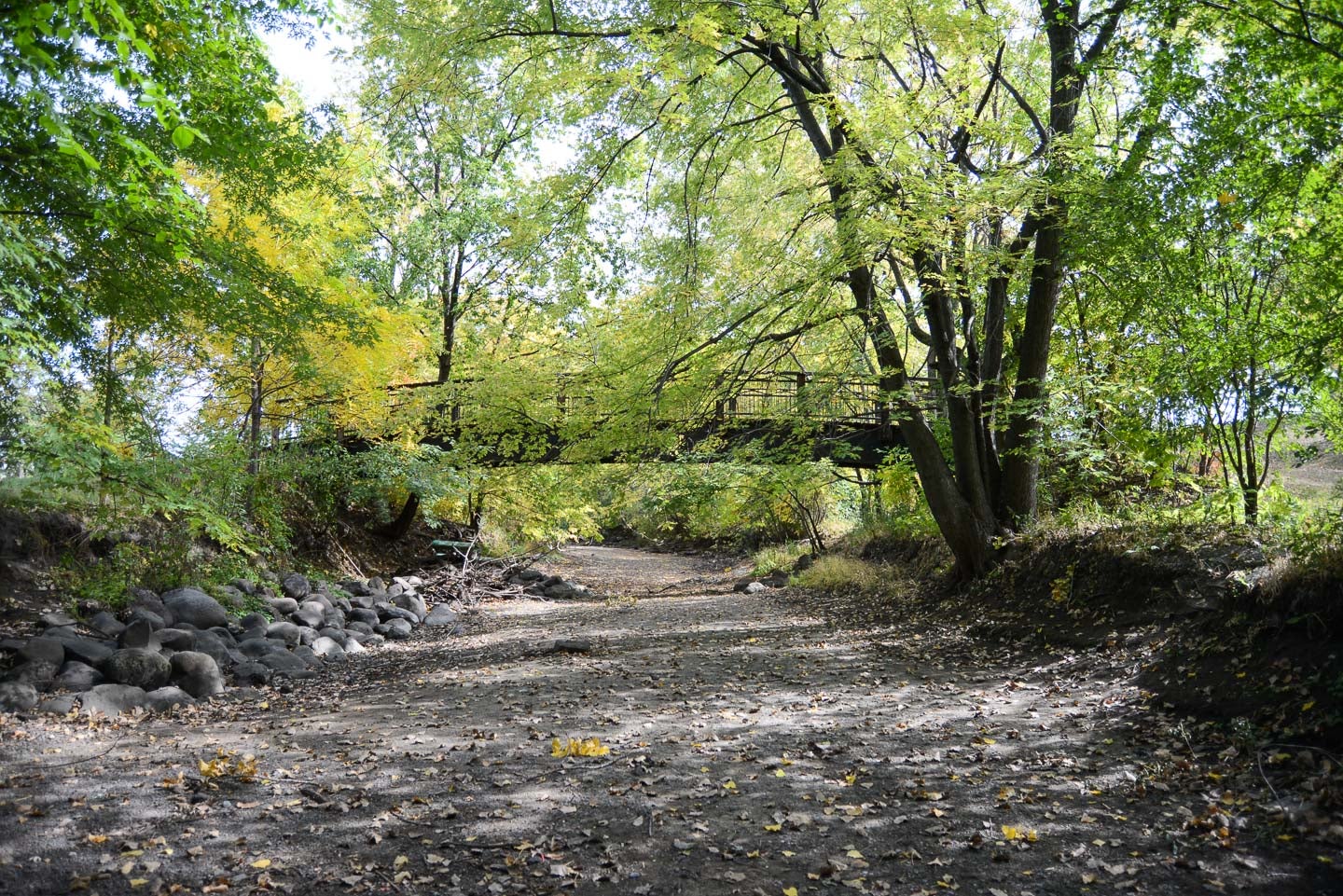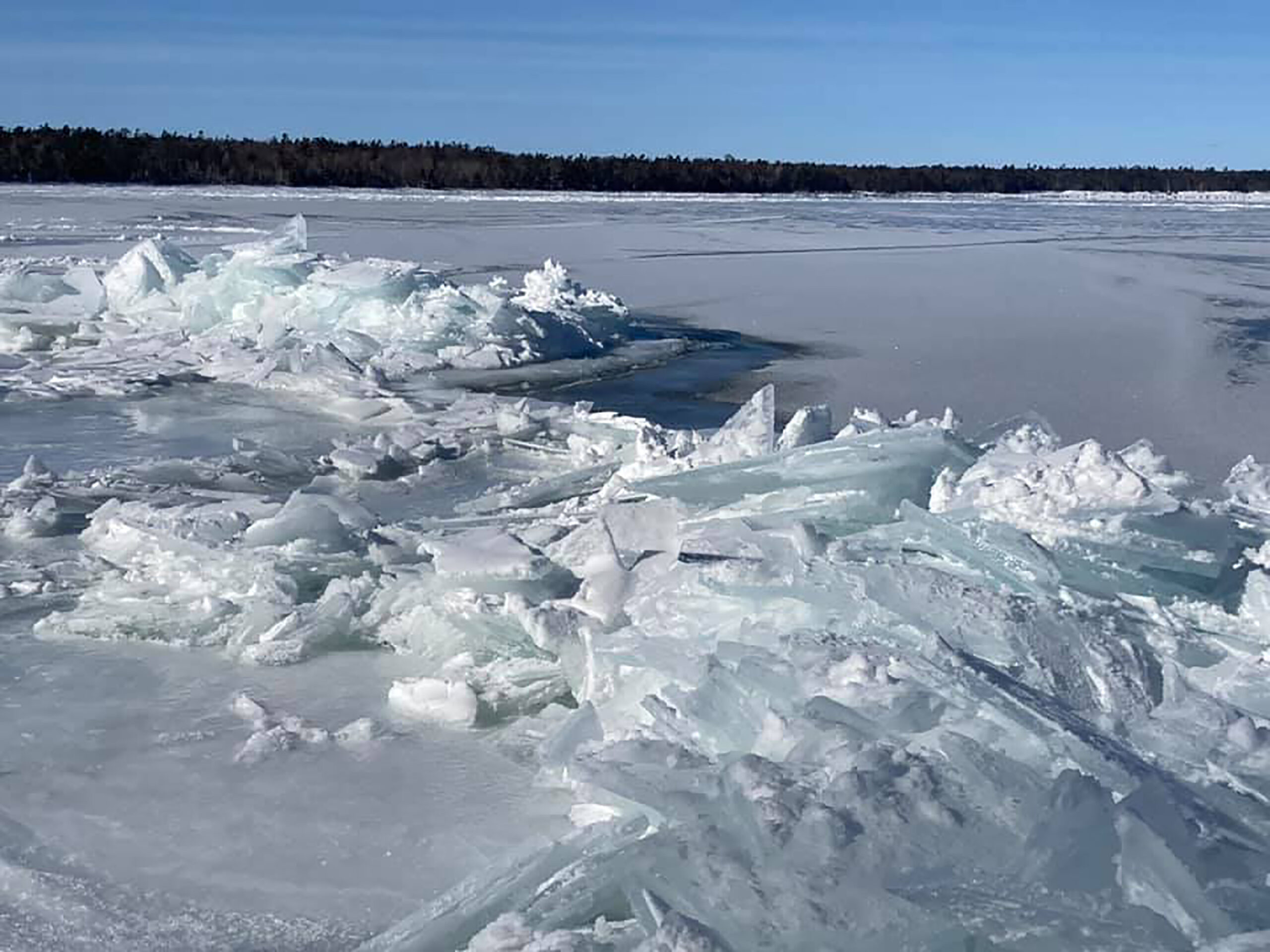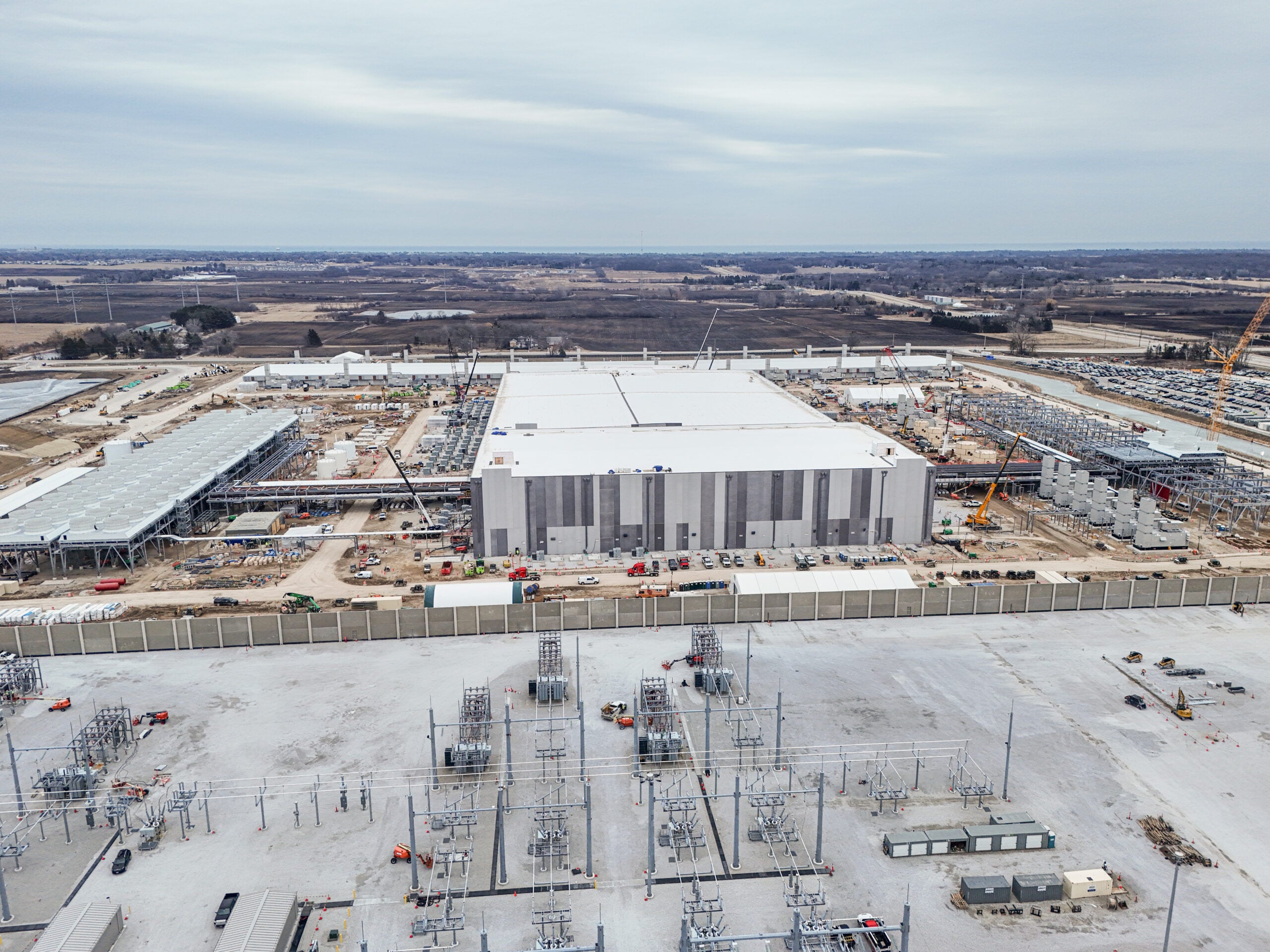The Heartlands are parched.
States across the Mississippi River basin are experiencing drought more commonly found in the arid Southwest, federal data shows. As of Oct. 20, nearly two-thirds of Wisconsin’s land was experiencing at least “abnormally dry” conditions, while swaths of western and northern Wisconsin saw moderate to severe drought, according to the U.S. Drought Monitor.
The dryness has disrupted agriculture, beached barges and upset ecosystems across large swaths of the Midwest, Great Plains and beyond, in epic proportions.
News with a little more humanity
WPR’s “Wisconsin Today” newsletter keeps you connected to the state you love without feeling overwhelmed. No paywall. No agenda. No corporate filter.
“The last time we’ve seen this severity over this large area…is probably back in the drought in 2012,” said Dennis Todey, director of the Department of Agriculture’s Midwest Climate Hub.
But the drought is affecting the region even as climate change-induced increases in rainfall amount and intensity have been documented. Todey said the dryness is just another symptom of a changing climate, related to those same shifting rainfall patterns.
As more greenhouse gases are emitted into the atmosphere, the climate is getting warmer and wetter. That contributes to rainfall intensity, with more rain falling in a shorter period of time in more concentrated areas.
St. Louis and Eastern Kentucky each saw that phenomenon firsthand in July, resulting in deadly flooding.
“You’ll have a several-inch rainfall event, but then don’t have any additional rainfall for a few weeks,” Todey said. “The overall situation is more drought-like.”
Those heavy rainfall events don’t alleviate drought, either, because the soil becomes so dry that it cannot take up much of the water during short windows of downpour, Todey added. When heavy rain falls quickly on a small area, a lot of that water just becomes runoff, and the land may not necessarily be cured of its dryness.
To lessen drought, dry regions need more consistent showers, called stratiform precipitation, over larger areas of land and over longer periods of time, rather than more intense and short-lived convective storms.
Warmer air also causes plants to evapotranspirate more ー pulling more water out of the soil and into the air, as they work to stay cool and photosynthesize, further exacerbating drought conditions.
Because of these shifts, climate scientists are expecting more droughts to afflict the heart of the country, in tandem with other weather extremes like flash floods.
“We definitely project more droughts, and just generally in the Midwest, more extremes with respect to precipitation,” said Rachel Licker, principal climate scientist with the Climate & Energy Program at the Union of Concerned Scientists.
That can also include wildfire risk. Parts of the basin were under a red flag warning this week, indicating fire danger.
And while dry conditions during this time of the year can make harvesting crops easier for farmers in some ways, there are also negatives.
For example, in October, many farmers are harvesting their soybeans, which are traditionally sold by weight. When farmers take dry soybeans to market, they’re losing profit, because moisture adds weight, Todey said.
At the same time, trade of agriculture and other products has been held up by low water levels on major barge routes.
The image of trading vessels, run aground in a Mississippi River too shallow to carry them, is a salient one, Licker said, and marks another clear consequence of climate change.
“You think about the ramifications of that, and then step back and think about the causes,” she said. “It’s a striking moment.”
Jim Malewitz of Wisconsin Watch contributed reporting. This story is a product of the Mississippi River Basin Ag & Water Desk, an editorially independent reporting network based at the University of Missouri School of Journalism in partnership with Report For America and the Society of Environmental Journalists, funded by the Walton Family Foundation.





